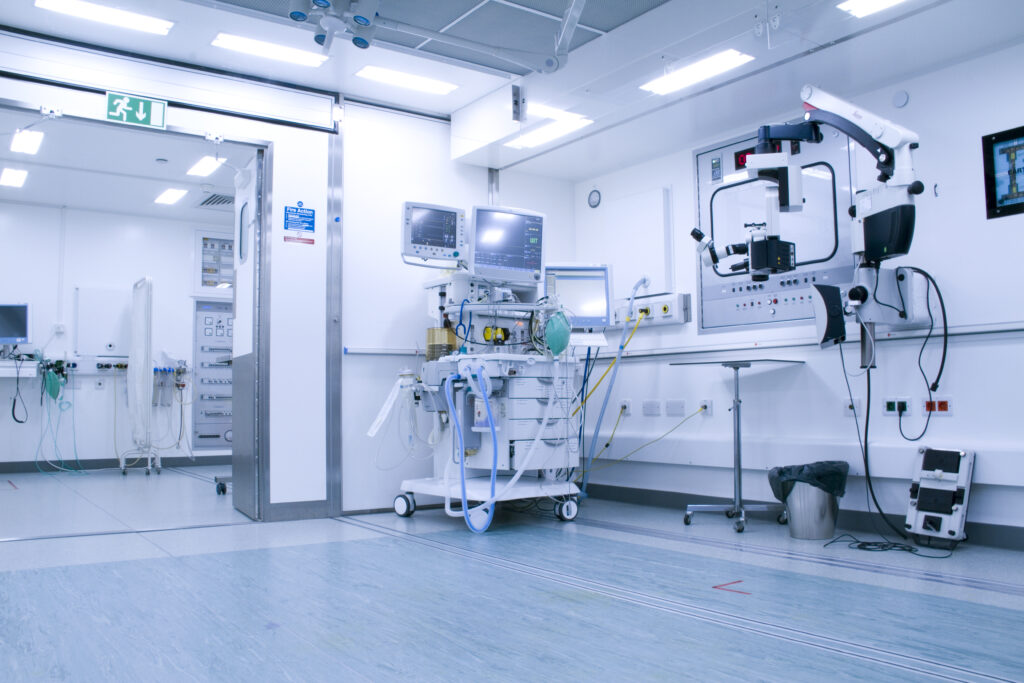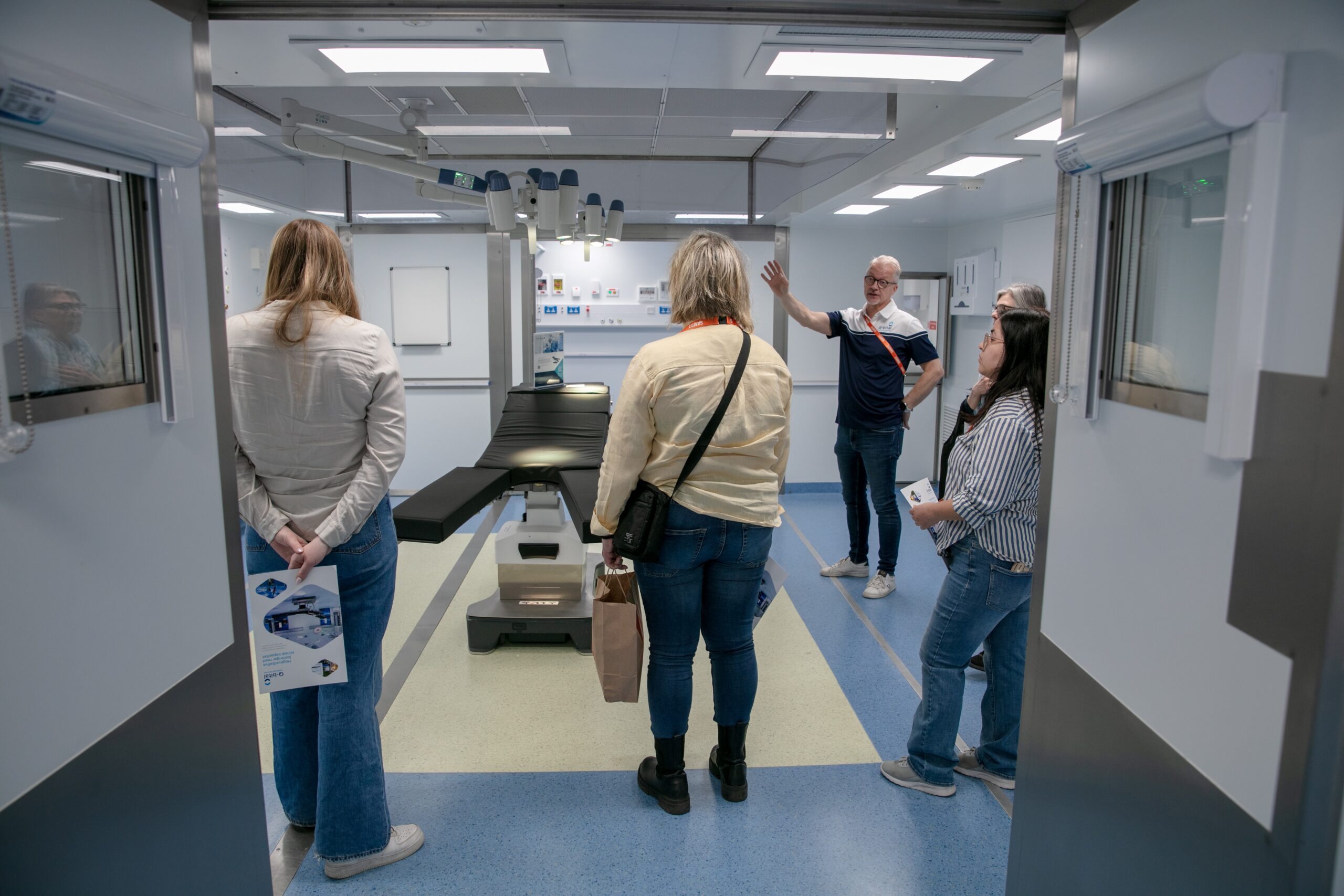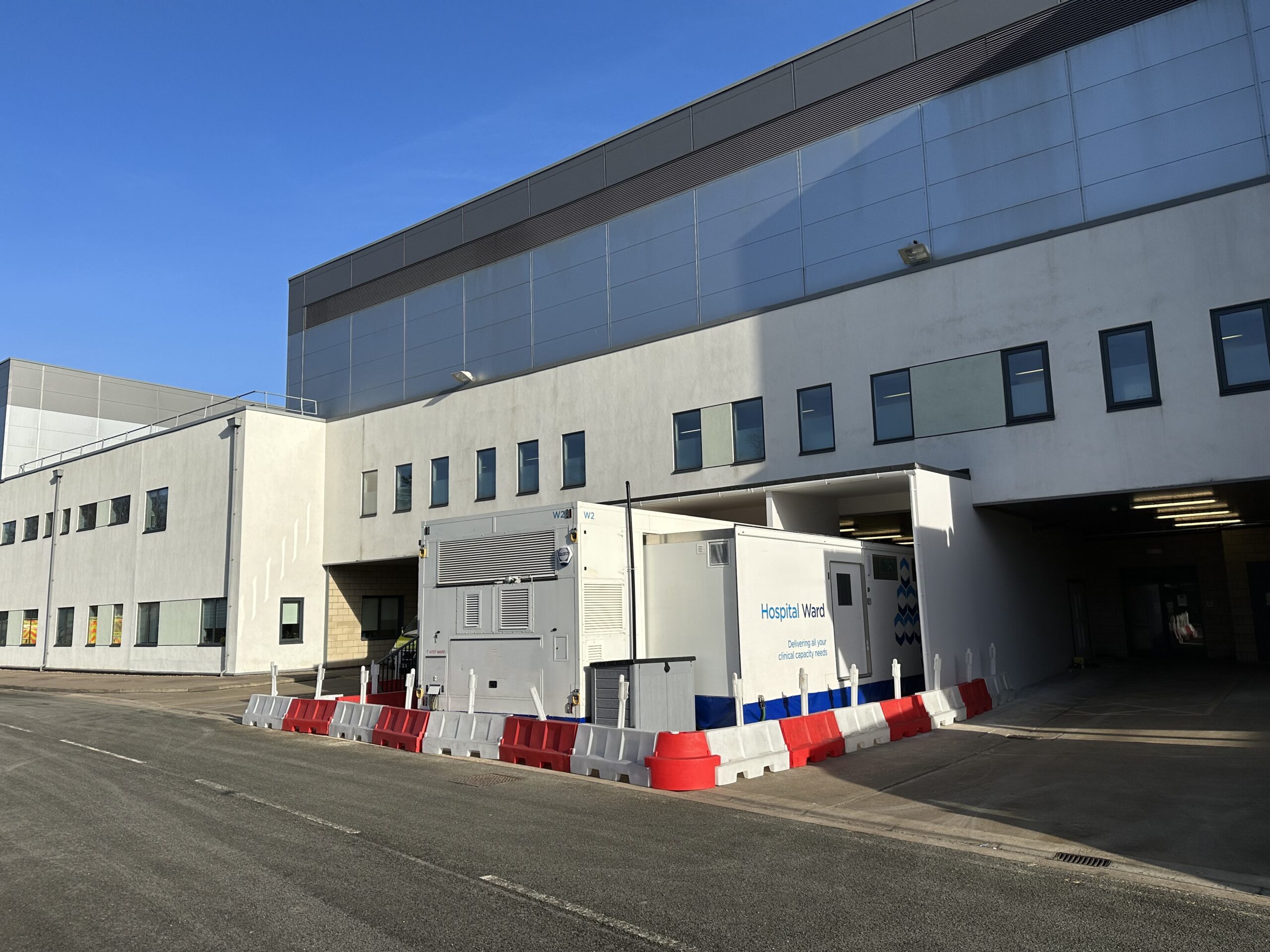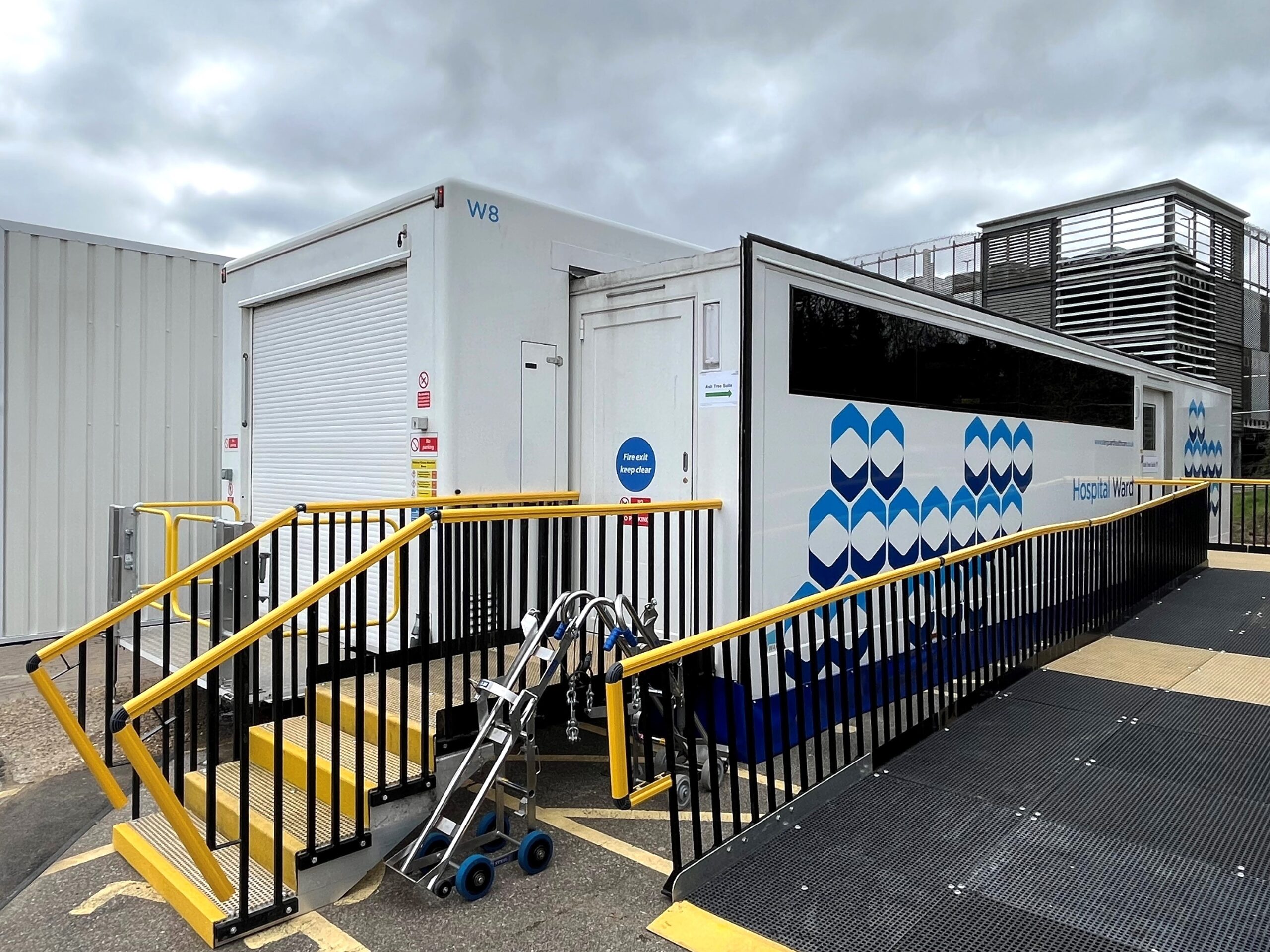The recent COVID-19 pandemic and the reduction in elective care capacity has undoubtedly created a vast pressure on surgical waiting lists across Australia, Victoria in particular, with around 80,000 waiting for acute procedures in Victoria. Indeed Tom Symondson, Chief Executive at the Victorian Healthcare Association (VHA), has stated that hospitals are beginning to experience a ‘difficult time again’ as a result in rising COVID cases, strains on capacity and staffing shortages.
There is much to be done to combat the ever-growing waiting lists in Victoria and across Australia as a whole, with Symondson suggesting that this extends beyond a ‘
one-off surgery blitz
’. Indeed, throughout the pandemic Victoria introduced ‘specialist hubs’ to provide additional capacity for testing, treatment and vaccination and there has been a call for the extension of this to address elective surgery. As part of the $1.5 billion investment in the ‘Covid Catch-Up Plan’ in Victoria, $475 million has been pledged to improving services across public hospitals to increase efficiency. This investment aims to ensure that an additional
240,000
patients receive essential elective surgery by 2024 through upgrading and improving operating rooms and the introduction of ‘
Rapid Access Hubs
’ to complete day-surgery procedures such as hernia, cataract and joint procedures. Furthermore, the plan details the integration of care between public and private hospitals, allowing patients on public hospital waiting lists to be transferred to private hospitals where there is additional capacity. This is predicted to facilitate the completion of planned care procedures for 51,300 Victorian residents. The $548 million investment will allow private hospitals to address their existing waiting lists, whilst also tackling those of public hospitals, particularly through the introduction of facilities such as the first public surgery centre at Frankston Private Hospital. The integration of care between public and private healthcare providers is essential to tackling waiting lists in the longer-term, however
Symondson
suggests that further work is needed in the shorter-term to assist with mounting backlogs, such as the inclusion of fast and effective additional capacity solutions.
 This concept of specialist surgical hubs has been introduced in Britain to assist in tackling the growing surgical waiting lists faced by healthcare providers and Health Boards, with standalone ‘surgical hubs’ introduced to maximize infection control and increase vital surgical capacity. Furthermore, the introduction of modern facilities to the existing hospital estate has created additional benefits such as better patient outcomes, heightened patient safety and greater recruitment success. Indeed, flexible infrastructure, such as mobile and modular Healthcare Spaces, ‘take pressure off emergency departments and community diagnostic centres to make assessments for surgery easier’.
This concept of specialist surgical hubs has been introduced in Britain to assist in tackling the growing surgical waiting lists faced by healthcare providers and Health Boards, with standalone ‘surgical hubs’ introduced to maximize infection control and increase vital surgical capacity. Furthermore, the introduction of modern facilities to the existing hospital estate has created additional benefits such as better patient outcomes, heightened patient safety and greater recruitment success. Indeed, flexible infrastructure, such as mobile and modular Healthcare Spaces, ‘take pressure off emergency departments and community diagnostic centres to make assessments for surgery easier’.
Standalone facilities can be introduced quickly and efficiently onto a hospital site and all staff can be located independently to the facility, maximising infection control measures and therefore increasing patient confidence in turning up for procedures, driving down acute care waiting lists. Moreover, in order to maximise efficiency, many hospital estates require updating to ensure that they are equipped with the best modern technologies.
During periods of refurbishment, interim solutions, such as mobile operating rooms, enable hospitals to maintain and increase their capacity whilst also carrying out improvements to the main infrastructure. Following extensive storm damage, one of Australia’s biggest hospitals, The Alfred, Q-bital Healthcare Solutions installed a mobile laminar flow room to provide replacement capacity whilst the exiting room underwent a refurbishment process. The theatre remained on site for the duration of the repair works and was even used to complete open heart surgery, demonstrating the true extent of the versatility of surgical hub solutions.
Q-bital has over 20 years of experience working with healthcare providers globally, providing specialist Espacios sanitarios and tailored solutions to meet the unique needs of the hospital. Tailored solutions vary from single mobile operating rooms and endoscopy facilities to surgical complexes and diagnostic hubs, each tailored to best address the client’s needs. The use of accelerated delivery to design and install a Q-bital solution ensures that healthcare providers are able to maximise the benefits of the facility quickly and efficiently.
In response to Victoria’s introduction of the ‘COVID Catch Up Plan’ and the nationwide recovery from the aftermath of COVID-19, Q-bital is working with numerous healthcare providers to ensure that elective recovery plans are best utilised.



Q-bital Healthcare Solutions
Unidad 1144 Regent Court, The Square, Gloucester Business Park, Gloucester, GL3 4AD
